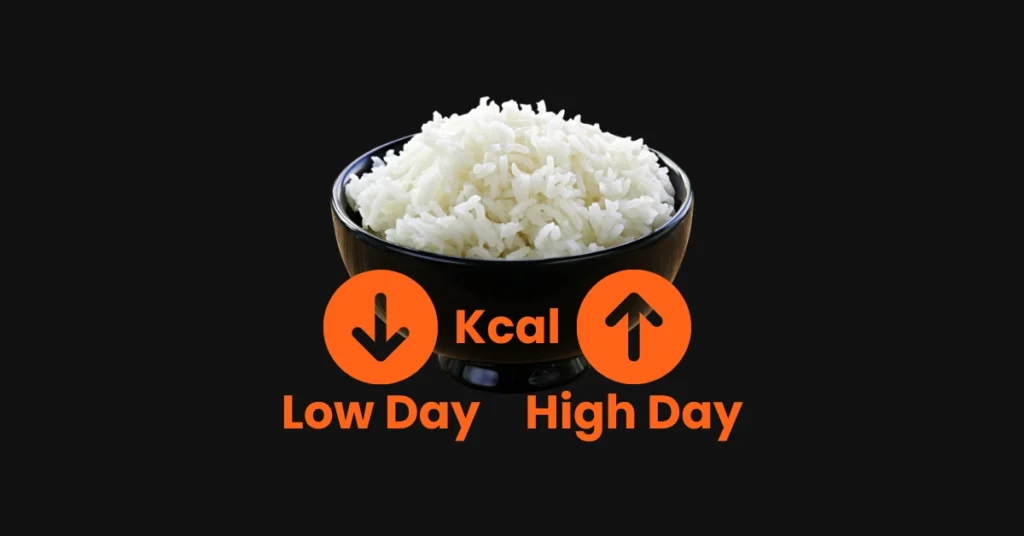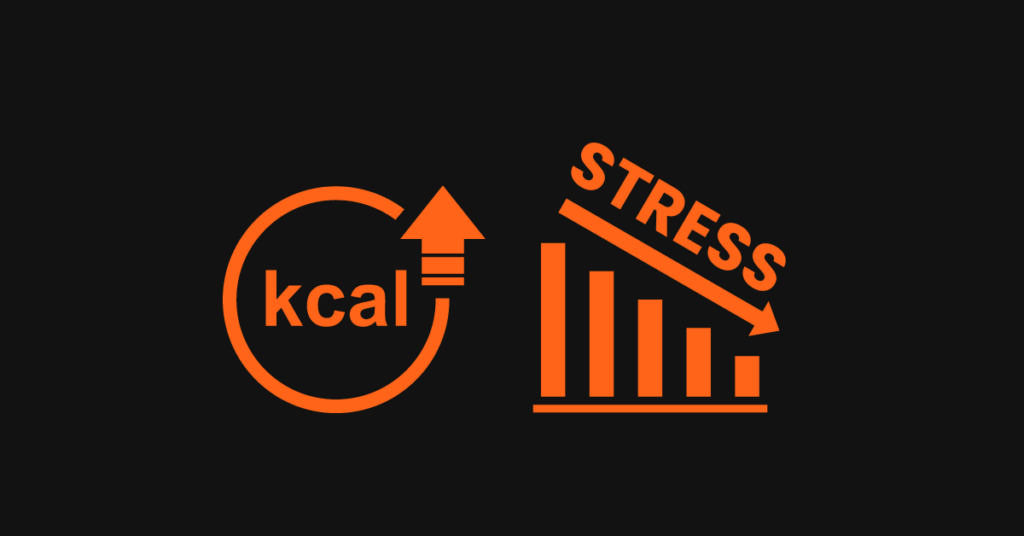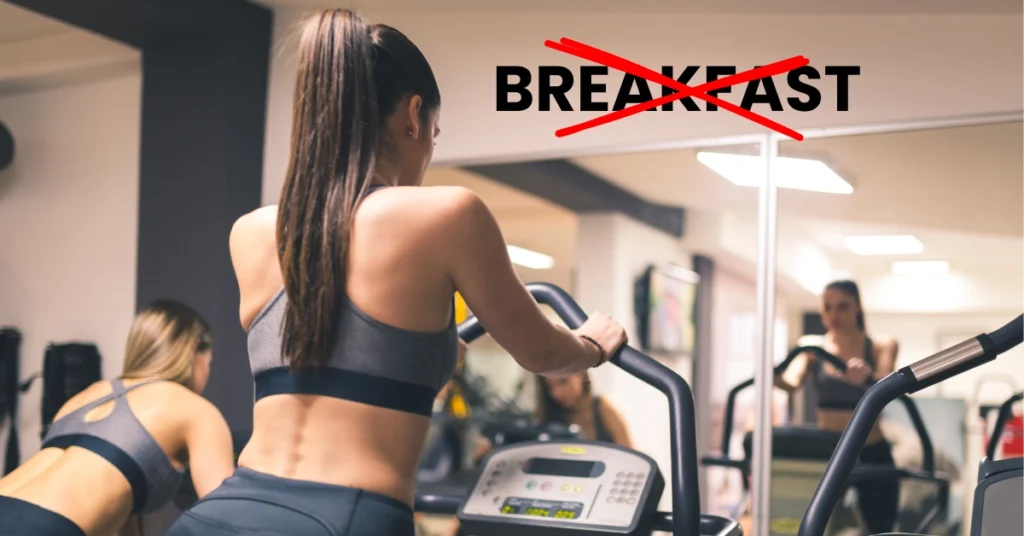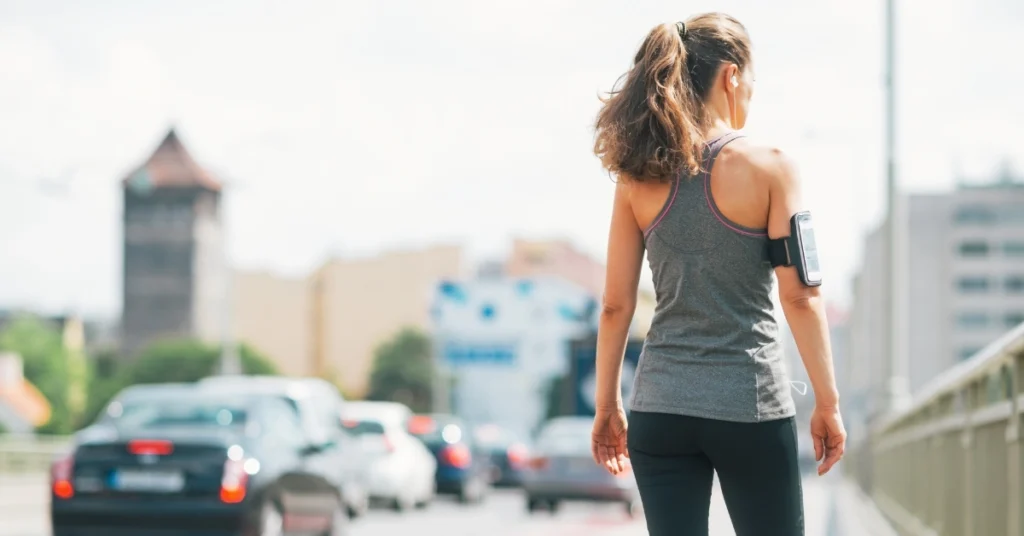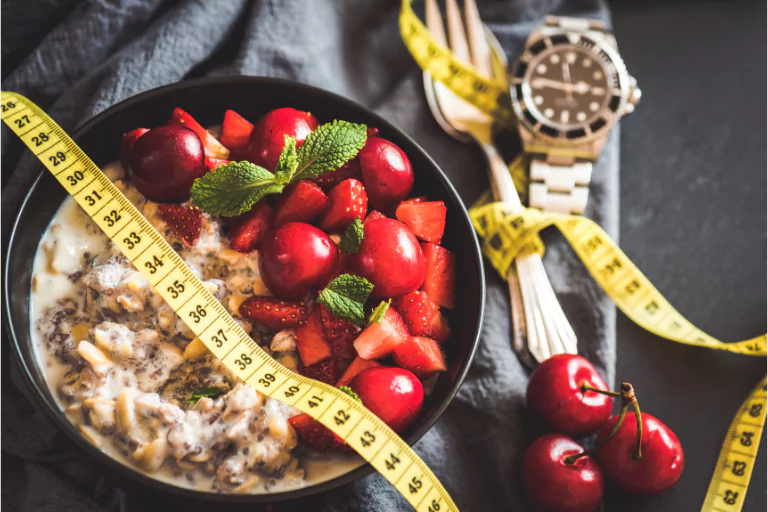how to reduce body fat without counting calories
Key takeaway
Reducing body fat without counting calories can be a good option for some people although some experience with tracking may be beneficial. Implementing certain nutrition and lifestyle strategies can help people remain in a calorie deficit and lose body fat more easily. The more advanced our fat loss goals are, the more accuracy matters, and the more difficult the process will be.
Many people hate the thought of calorie counting and/or tracking their macros, especially long-term, and prefer to follow a more intuitive approach. This can be a perfectly viable and effective approach, especially for more advanced individuals with experience in tracking their calories and/or macros. However, for this approach to be effective, certain strategies will likely need to be in place to achieve the best results.
do we need to track calories to lose body fat?
The simple answer to this question is no, although there are some caveats. Tracking our calories or macros, a practice widely used within the fitness industry, is a powerful tool and delivers predictable and measurable results. With that said, tracking our calories is not necessarily to lose body fat and is something we do not always recommend, especially long-term.
One important point to understand is that the more advanced our fat loss goal is, the more accuracy matters, and the more experience will be required to get to advanced levels of leanness without tracking calories. Achieving a decent level of leanness, around 15% body fat, is achievable for most people without counting calories, although some experience and trial and error may be required for the best results. As we move to more advanced levels of leanness, moving towards 12% and lower, the process will become exponentially harder without tracking.
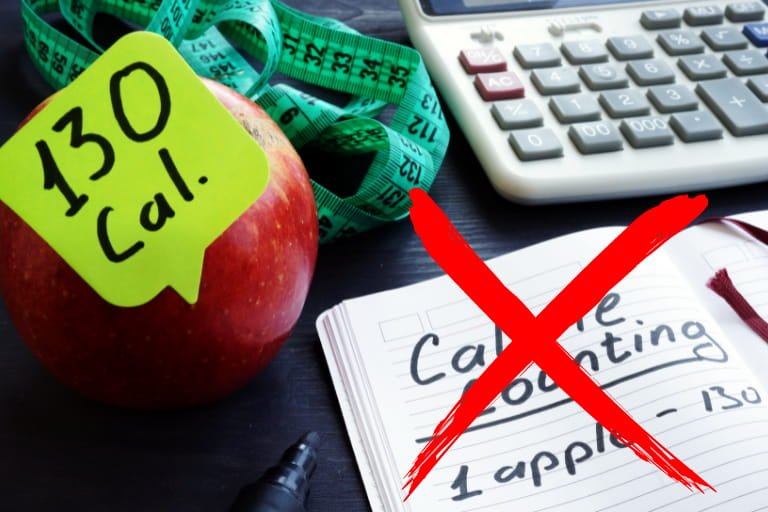
energy balance
Although we are not tracking calories, a negative energy balance will still need to be in place for us to lose body fat. We will need to be consuming fewer calories than we are using to create a negative energy expenditure. As we are not tracking our calories, we will need to apply certain strategies which will allow us to remain in a calorie deficit over a period of time, depending on how much body fat we need to lose and the level of leanness we are looking to achieve.
tracking calories initially
For beginners, it may be useful to track calories or, more importantly, macros for a short period of time to establish a baseline. We find this to be a useful exercise for people, teaching them about the foods they are consuming and the makeup of the three main food groups: protein, carbohydrates, and fats. This can be done for as little as one week, although we recommend a little longer, three to six weeks usually.
how to lose body fat without counting calories
After a short period of tracking, or if you simply do not want to do any tracking, we find the following strategies useful and effective for losing body fat without tracking calories or macros. Following these strategies will help you remain in a calorie deficit without tracking calories and will also ensure other important factors are in place, such as consuming adequate protein over the day.
Eat nutrient dense, minimally processed, Whole Foods
Nutrient-dense, minimally processed, whole foods should be the foundation of any diet or nutritional plan. We recommend a flexible dieting approach for most people and most situations, allowing room for some other foods in moderation. With that said, when our goal is to lose body fat without tracking calories, it is probably a good idea to choose whole food sources almost all of the time. In general, these types of foods will contain higher amounts of micronutrients and fiber, which will help regulate our body’s natural satiety signals and keep us full.
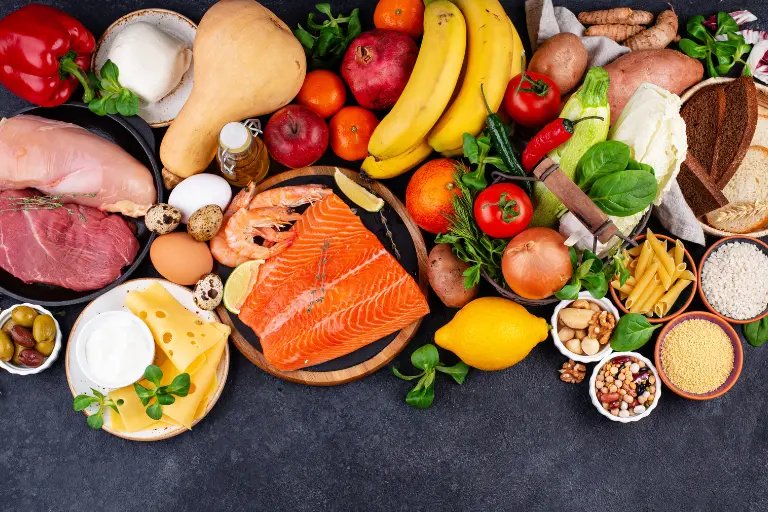
consume adequate Fiber
Consuming adequate fiber should take care of itself when eating a mostly whole foods-based diet as mentioned above; however, this may not always be the case depending on your food choices; therefore, it may be worth checking if you are dealing with excessive hunger. We recommend 20-30g per day, although you can experiment with slightly higher amounts if this does not negatively affect digestion. If consuming larger amounts of non-starchy vegetables is causing digestive issues, supplementation can be useful.
avoid highly palatable processed foods
Ultra-processed, hyper-palatable foods will have the opposite effect to whole foods, making adherence to a calorie deficit unsustainable. When including these types of foods without tracking, it is easy to consume high amounts of calories in one meal, which can easily turn a calorie deficit into maintenance or even a calorie surplus, resulting in no fat loss.
base your meals around protein
Basing meals around protein is vital in a fat loss phase, especially when we are not tracking calories and macros. This will ensure we are consuming enough protein throughout the day to preserve and/or build muscle in a calorie deficit and will also help with satiety. It is probably even more important to choose leaner protein sources when we are not tracking to avoid the overconsumption of dietary fat, which contains more than double the amount of calories per gram compared to proteins and carbohydrates.
A palm sized serving of a lean protein source as recommended by Precision Nutrition at each meal can be a useful way to ensure adequate protein over the day for most people. This is assuming an individual is eating 3-4 meals per day and will also depend on the body weight of the individual. It may be a good idea to track protein for one day to ensure protein intake is around 2.2g/kg (1g/lb) of goal body weight.
practice portion control
Similar to protein, certain methods can be used to control portion sizes of other macronutrients such as carbohydrates and fats. Precision Nutrition uses its own methods such as using cupped handfuls for carbohydrate servings, although you can also create your own system. The important thing is to create a system to standardize portion sizes allowing you to make adjustments when needed.
Listening to Hunger Cues
When we are in a negative energy balance, our body’s natural hunger cues will increase. This is perfectly normal even when we have set up our nutrition plan and calorie deficit well. Monitoring our hunger levels can be useful when our goal is to reduce body fat without tracking calories or macros. Having some degree of hunger is a good indication that we are in a calorie deficit, which is required to lose body fat.
Hunger levels should be moderate, and something we can sustain for a prolonged period of time. As we get leaner, hunger will increase as the hunger hormone Ghrelin rises and the body tries to get us to consume more calories. If we are not hungry to any degree, we are probably not in a calorie deficit, or at least in a large enough deficit to achieve any meaningful fat loss.
Practice mindful eating
Being more mindful when eating can be particularly useful when our goal is reducing body fat without counting calories. Eating slowly and avoiding distractions such as watching TV while eating can help us avoid overeating and can help with satiety signals. When eating this way, we are also better able to chase some degree of hunger, stopping a little short of being fully satisfied from a meal, which can help us remain in a calorie deficit as mentioned previously.
avoid snacking between meals
It is probably a good idea to avoid snacking between meals, even if the snacks are healthy. Eating this way can easily add extra calories throughout the day and can be the difference between creating a calorie deficit and losing body fat and not achieving any fat loss at all.
be mindful of foods with a high energy density
Certain foods, even when they are whole, nutrient-dense, and minimally processed, will naturally have a high energy density due to the macronutrients they contain. These foods will typically contain all three macronutrients; however, they will usually contain higher amounts of dietary fat. These foods can be relatively low in volume but high in calories, making it easy to over-consume calories, especially if we are not tracking.
Some examples of energy-dense foods include nuts, especially nut butters, seeds, olives, full-fat dairy, fattier cuts of meats, and even certain fruits such as avocado. This is not to say you cannot consume these foods; however, we should be mindful of overconsuming them when we are not tracking our calories. We should also pay close attention to the amount of oil we are consuming. A common mistake can be simply using too much olive oil on salads, which can easily take us out of a calorie deficit, resulting in no fat loss.
experiment with high volume foods
Including more foods with a low energy density can help manage hunger levels and keep calories lower. These foods are the non-starchy vegetables and will typically be high volume, high fiber, and low in calories. We should still include more energy-dense carbohydrates such as starches and fruits to prevent carbohydrates and calories from dropping too low, which can affect gym performance, recovery, and adherence to a diet in our experience.
have a daily Step Count goal
Being generally active throughout the day can help regulate our appetite and will help us stay in a calorie deficit. This is particularly important when we are not tracking our calories, as it gives us some degree of buffer or safeguard, allowing us to maintain a calorie deficit when we do not know the precise amounts of calories we are consuming each day. Walking more and having a daily step goal is a simple and effective way to achieve this; we recommend 8-12 thousand steps per day.
clean up your food environment
One simple and effective strategy that can help us achieve our fat loss goals when we are not counting calories is to clean up our food environment. This simple strategy involves only having foods at home that will help you remain in a calorie deficit, avoiding any temptations for more processed, hyper-palatable, energy-dense foods.
track your average weekly body weight
We recommend tracking your average weekly body weight just as you would if you were tracking calories. We still need to collect objective data and track trends in body weight over time, allowing us to make adjustments and keep on track. If we do not do this, we run the risk of wasting weeks or even months of progress. Body weight is a reliable indicator that we are losing body fat, and if it is not reducing, we are likely not in a calorie deficit in most situations. You can read our article on how to get to 15% body fat for more information on collecting accurate body weight data and making adjustments over time.
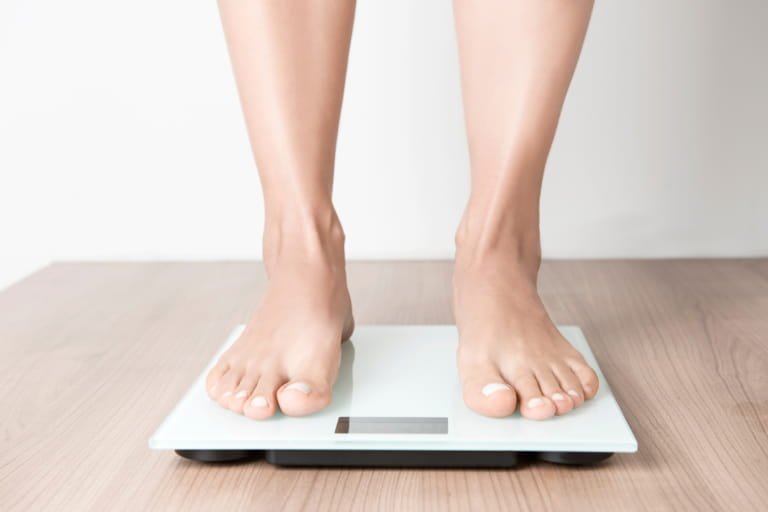
perform strength training
The cornerstone of any effective fat loss phase should be strength training to preserve or even build muscle when in a calorie deficit. Performing an effective strength training program with the correct volume, intensity, and frequency for your level of advancement and goals is vital.
prioritize Sleep
Prioritizing sleep is vital in any fat loss phase. Good sleep hygiene and a nightly routine can help ensure we get quality sleep. Getting consistent quality sleep can help regulate hunger levels which is particularly important when we are not counting calories and is vital for our gym performance and recovery as well as overall adherence to a calorie deficit.
conclusion
If you do not want to count calories, focusing on food quality, and applying certain nutrition and lifestyle strategies can control calorie intake and help you lose weight, provided you have created a calorie deficit and are able to sustain it for a period of time. We recommend tracking for a short period of time if you have not tracked your food before. Some experimentation and practice may be required to see what works best for you. As with many things, some testing and experience in the real world is important.
read more articles on fat loss

